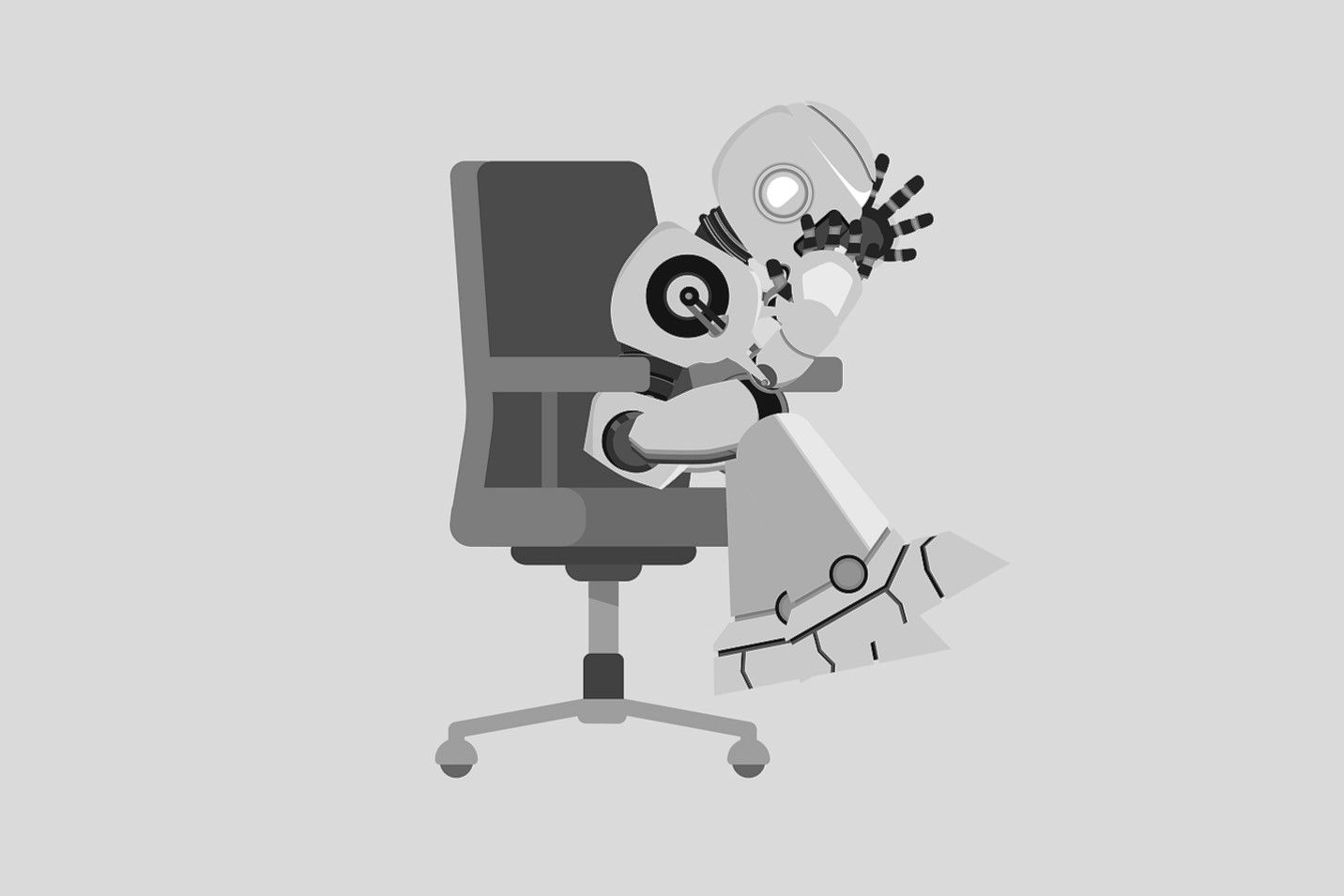What Most People Are Getting Wrong with AI Writing Tools

I want to say upfront that this is not a bitter, AI-bashing article. AI is a valuable tool when used correctly. For what it’s worth, any problems I have with AI are based on deceptive marketing and unrealistic expectations, as you’ll see here. But I digress…
The prevailing expectation among first-time users of AI writing tools seems to be that you can type a few words into a little white box and receive valuable, usable content in a matter of seconds.
Unfortunately, that’s not how AI writers are engineered to work.
The problem is that most people see AI as a shortcut and a cost-cutting measure, not a tool for improving the quality and value of their content. Essentially, they want to automate content writing with AI like they would automate other business functions with technology.
I remember the very first conversation I had with an agency rep who was using AI to write blog articles. He wanted to provide clients with a cheaper option. The agency knew the quality was inferior but didn’t want to “lose the business.”
Another problem is that several popular AI writing tools were originally marketed for speed. But they should have specified speed of output, not speed of input, or prompting. Let me explain.
You Can’t Skip the Heavy Lifting
I often talk about the heavy lifting that happens before I sit down to write.
- Basic discovery and research.
- Identifying the purpose, core message, and key supporting points of the content.
- Identifying the specific audience for this specific content.
- Discussions about brand voice and tone.
- How this content fits into your overall marketing strategy.
- Standard questions that connect the dots between what you do and what your audience wants (problems and pain points, obstacles to the sale, misconceptions, solutions and processes, desired outcome, etc.).
- Deeper follow-up questions that uncover the most meaningful information, authentic stories, and key points of competitive differentiation.
This heavy lifting is the difference between words on a page and strategic marketing content that creates moments of human connection.
AI generates content based on what you feed it and what it can consume from other sources. If you want AI-generated content to be just as compelling and have as much impact as human-written content, you can’t skip the heavy lifting.
You have to go through the bullet points I just referenced and feed that information into the AI writer through “prompts” – the information you type into the little white box.
There’s a reason why people are taking courses to become prompt engineers who have the training to feed AI models what they need to generate the desired output, whether written content, video, images, or solutions to complex problems.
It’s hard work.
And, in the case of marketing content, you have to know what questions to ask, how to dig deeper with a second layer of questions, what information to share, what stories to tell, and what details to leave out.
The Choice
Can you type a few words into a little white box and have AI produce coherent, accurate, grammatically correct content that includes certain keywords?
Yes, you can. That doesn’t mean you should.
You’re likely to end up with content that’s generic.
Content with no distinct voice or point of view.
Content that doesn’t speak to the specific needs of your ideal client.
Content devoid of real-world stories that reinforce your message and validate your claims.
Content that doesn’t do justice to your ability as an organization or individual to solve people’s problems.
The choice you have to make is whether you’ll be satisfied publishing and attaching your name to this kind of marketing content, which is probably destined to be lost and forgotten in a vast sea of sameness.
If you want to use AI to develop content that moves people – moves them emotionally, moves them with facts and logic to justify emotional decision making, and moves them to act – you have to do the heavy lifting.
There’s no getting around it.
Unless you work with a human writer who does the heavy lifting and writing for you. There’s always that.

